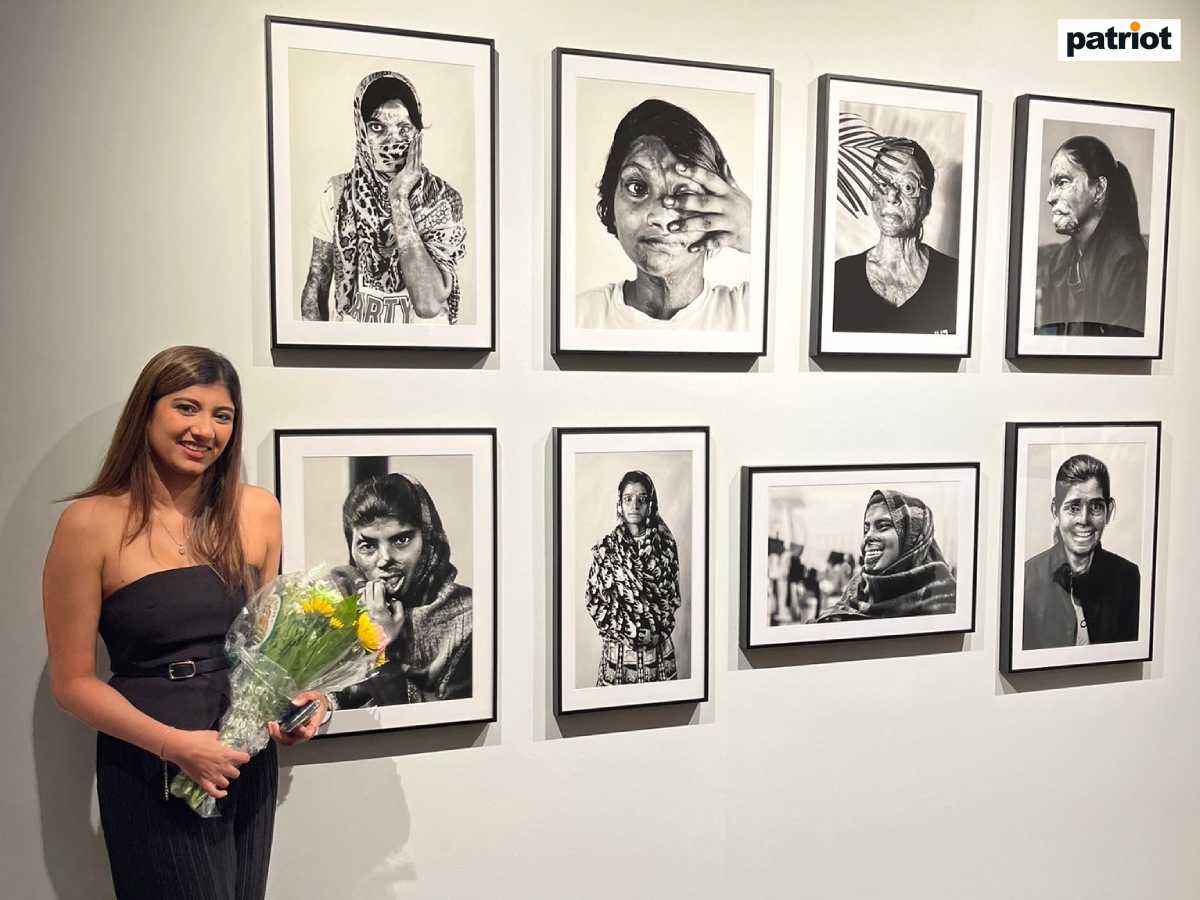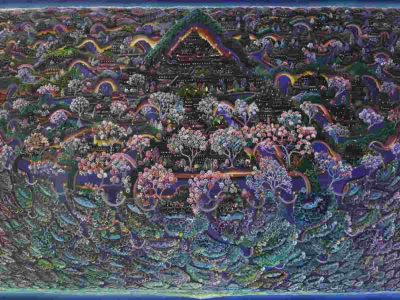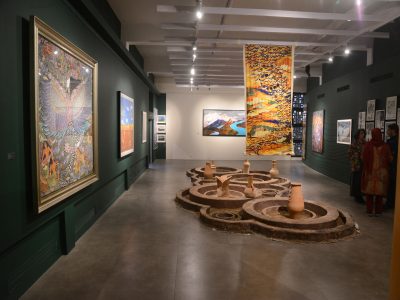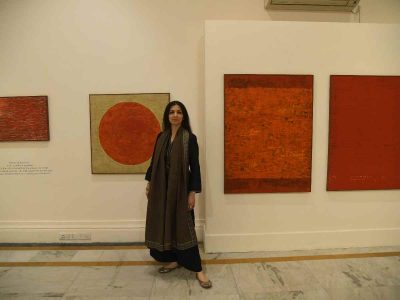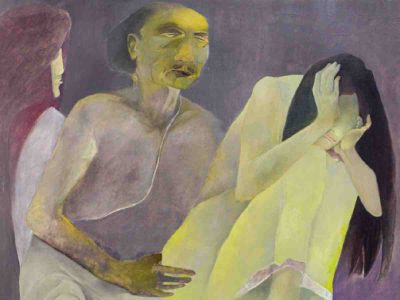Delhi: Nanki Singh, a young photographer with dedication to social justice, has forged a path that intertwines artistry with advocacy. Her journey into photography began unexpectedly at the age of 16 during a holiday to Namibia, where she discovered her voice through a borrowed camera.
“I was a shy and diffident person in school and always found it difficult to express my thoughts,” reflects Nanki.
“Photography became my medium to express what bothers me deeply about the suffering of the disenfranchised, the forgotten, and the ignored.”
Also read: Blurring Borders Through Art
While Nanki appreciates fashion and studio photography, it is her commitment to photo-documentation that distinguishes her.
“My lens serves as a bridge connecting the hearts and minds of viewers to the diverse stories, emotions, and journeys that shape our world,” she explains.
Her work predominantly focusses on the resilient women of India, offering a poignant glimpse into their often challenging lives.
Nanki’s advocacy took a significant turn when she delved into documenting gender-based crimes, particularly acid attacks. What began as curiosity about these heinous acts evolved into a profound four-year commitment to amplifying the voices of survivors.
“I realised I wanted to be their voice,” the 22-year-old shares passionately.
“These survivors, facing unimaginable pain and permanent disfigurement, deserve to be seen not as victims but as individuals of strength and resilience.”
Nanki told Patriot, “My initial work was on domestic violence, I also did a series on verbal bullying and child labour. My research on gender-based crimes always led me to news on acid attacks. What began as curiosity about this unimaginably heinous crime against humanity — to call it gender-based is doing it a disservice — turned into a four-year commitment.”
Her acclaimed series, Aaine Tak Ka Safar, showcased at prestigious venues including the Chelsea Art Gallery in New York, became more than just an exhibition.
It became a platform for raising over $13,000 for the Chhanv Foundation, dedicated to the rehabilitation of acid attack survivors.
“I’ve known these survivors for four years now,” says Nanki warmly. “I make it a point to celebrate their birthdays with them, ensuring they are heard and never forgotten.”
Nanki added, “Further research led to the Chhanv Foundation being shown not as victims, but as strong, resolute girls who have worked very, very hard to overcome what is probably among the worst and most barbaric crimes that can ever be committed on another human being.
“Apart from being devastatingly painful, it causes permanent disfigurement, melts the bones, leads to multiple infections, blindness, severe psychological trauma, and a lifelong stigma for absolutely no fault of theirs. Their perpetrators are almost always known to them. I realised I wanted to be their voice. It wasn’t like they hadn’t been photographed before, but they had always been forgotten after that. But they drew me into their lives with their positivity, their resilience, and their strength.”
Nanki’s journey through photography is deeply intertwined with her education at the School of Visual Arts in New York, where she was honoured with the Silas Rhodes scholarship for outstanding academics and the Brien Weil Award for her exemplary use of art for social upliftment.
Also read: Discovering late Gogi Saroj Pal’s contemporary artistic marvels
“Studying remotely from India during Covid was challenging,” she admits, “but it reinforced the social responsibility of photographers as chroniclers of our modern world.”
Looking ahead, Nanki remains dedicated to honing her skills in New York while continuing her advocacy through social photography.
“My goal is to empower these survivors through sensitive and empowering visual narratives,” she affirms.
Her approach involves collaborative decision-making with the survivors, ensuring they have agency over how they are portrayed.
“I want my photographs to highlight their strength, resilience, and individuality,” Nanki emphasises, “to challenge stereotypes and inspire change.”
In a world where injustice often silences the marginalised, Nanki Singh’s photographs stand as powerful testimonials of courage and perseverance. Through her lens, she not only captures compelling stories but also sparks conversations, fosters empathy, and advocates for a more inclusive and compassionate society.

